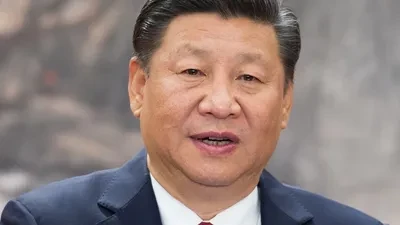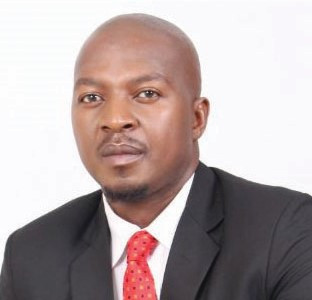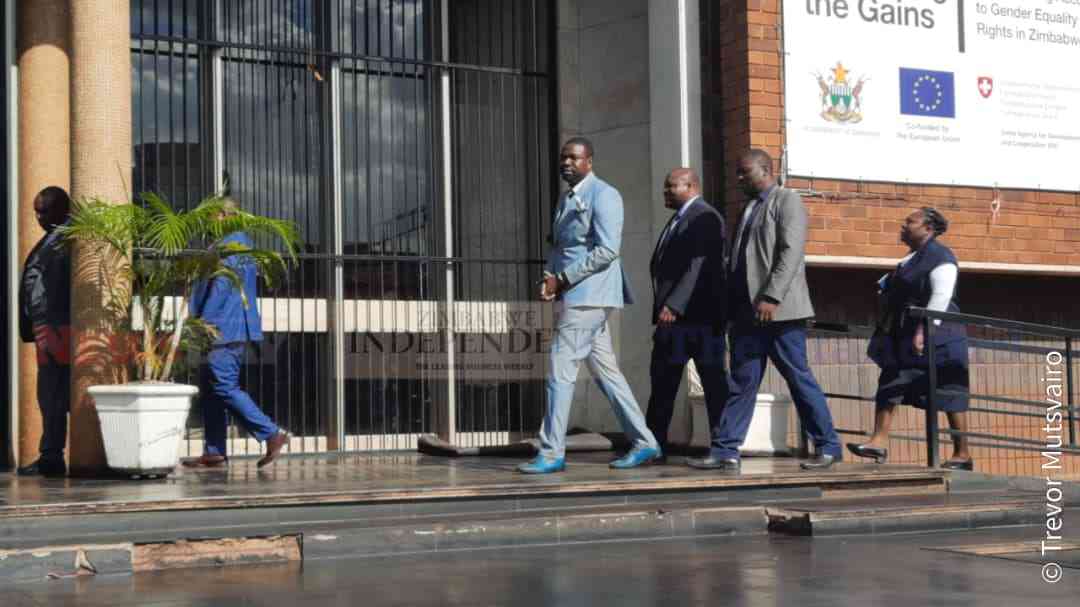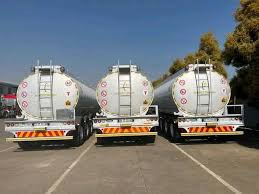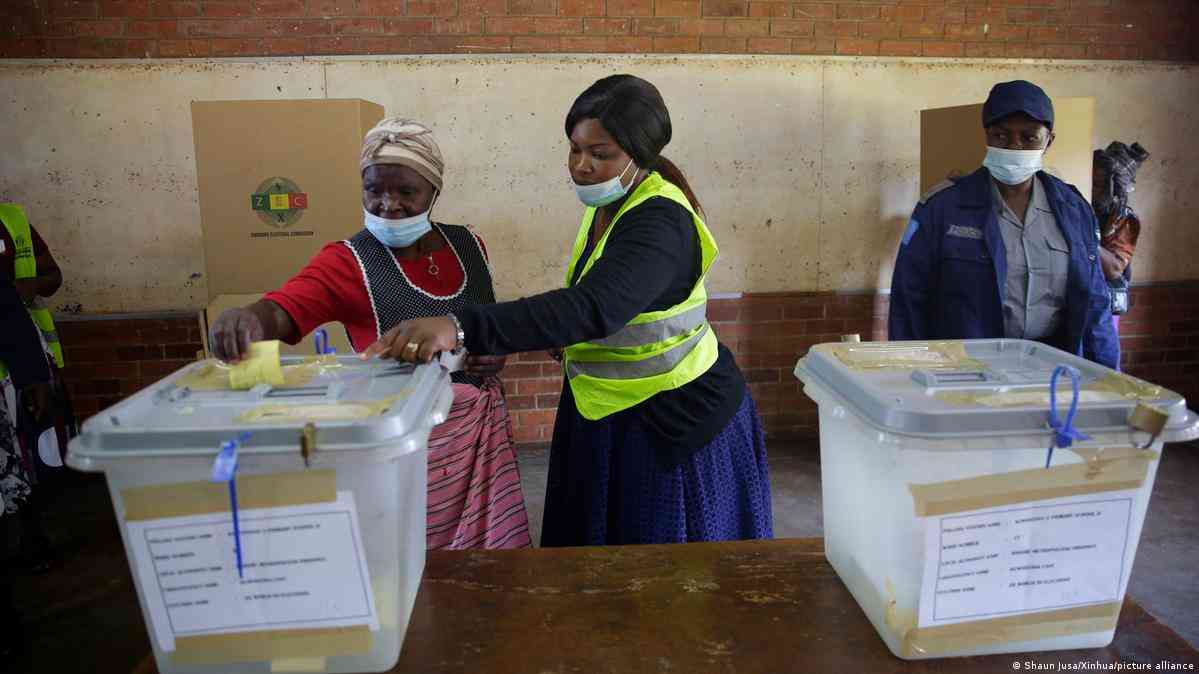
A TANKING economy, lawfare, shrinking civic space, propaganda, an electoral body under fire and disinformation have all come to the fore ahead of general elections in Zimbabwe.
President Emmerson Mnangagwa has gazetted Wednesday, August 23 as the election date.
Political parties have three months to convince the electorate to cast their votes for them.
If there is a run-off, it will be held on October 2.
Various think-tanks predict a close race between Mnangagwa and his biggest challenger, Nelson Chamisa of the Citizens Coalition for Change (CCC).
The latest survey on the elections by United States institute Fitch Solutions predicted a Mnangagwa victory because of the ruling party’s access to State machinery and resources.
“Zanu PF’s overarching resources and influence compared to the opposition CCC, headed by Chamisa, will preserve its support in rural strongholds and win key votes in low-income urban areas.
“Central to our belief that Zanu-PF will win the elections is the party’s far greater political and economic resources it has to sway the vote in its favour,” the organisation said.
- Twitter alternatives for the Musk-averse
- Young vocalist making southern Africa dance
- Building narratives: Nurse pens anti-child marriages fiction novel
- Social Media Handles Of Exiled Tibetan Government Under Threat
Keep Reading
Almost all surveys forecasted the elections, while not free and fair, would have violent episodes, and the outcome would leave Zimbabwe's economy in the doldrums.
Zec under fire
The Zimbabwe Electoral Commission (Zec) will again oversee an election where its reputation is at its lowest.
Some of its commissioners have direct links to individuals with a vested interest in the elections.
One of them is Abigail Mohadi-Ambrose, who is the daughter of former Vice-President Kembo Mohadi.
Mohadi stepped down from government in 2021 after a sex scandal, which he claimed was fabricated by his political enemies.
However, he remains an integral part of Zanu PF’s election bid, going around the country campaigning for the party.
Zec’s biggest headache is the voters roll.
Opposition political parties have implored the electoral body to investigate anomalies found in the voters roll such as missing names.
“Registered voters, who appeared on the biometric voters roll’s online inspection platform, are suddenly finding their names missing from the current online platforms.
“The voters roll, under inspection, seems not to be synchronised with the new delimitation boundaries.
“Therefore, prospective voters have been displaced from their wards,” Ian Makone, the CCC’s secretary for elections, wrote to Zec.
The Election Resource Centre, an independent organisation, told journalists it looked like “the voters roll has been tampered with and cannot, therefore, be trusted to deliver a credible election in its current rushed format”.
Failing economy
Brian Moyo is a forex dealer by day and a street vendor by night, selling groceries at a time when the local dollar is fast losing value against major currencies such as the in-demand US dollar.
“These are the two most lucrative hustles for an unemployed person with or without political links,” Moyo said.
On the streets, US$1 can fetch as much as $4 500, whereas the official bank states US$1 is equivalent to $2 700.
That means when pricing goods, shops must abide by the official bank rate, but they defy this by pegging their product well above that rate.
One of the leading companies in Zimbabwe, Innscor, a fast-food chain, pegged its products at US$1 to $2 900 on Wednesday.
The rate is much higher in pharmacies, where it can reach $4 500.
A pharmacy owner said: “We increased our prices in the local dollar because we buy foreign currency from the streets.”
For an ordinary Zimbabwean earning in the local currency, the cost of living is high.
Mnangagwa said he believed the business community was hell-bent on destabilising his government.
“We see business destabilising the macro-economy and, in the process, undermining the very effort towards arrears clearance and dent resolution,” presidential spokesman George Charamba told State media.
Businessman James Ncube told News24 the economy was much harder to deal with than party politics.
“They can rig elections, but they cannot rig the economy. We buy fuel, a factor of production, in foreign currency, and we get that currency from the streets; the government has failed to assist us in many more aspects,” he said.
Like all industries, the media has also been hard hit.
State media journalists, who mostly promote government’s messaging of an economy on the rebound, recently told their employer they were incapacitated.
Some even hinted their situation would derail the ruling party’s chances of an election win.
Journalists from the independent Press have echoed the same sentiment.
Many feel the state of the economy and their employers’ failure to increase their salaries will affect their mandate in covering the run-up to and the eventual polls.
The African Development Bank told Zimbabwe’s government politics played a big role in the country’s economic woes and a free and fair election would boost the country’s prospects.
Lawfare
With three months to go before the polls, Mnangagwa is expected to sign the Private Voluntary Organisations Amendment Bill into law.
Its implementation will undermine freedom of association and expression.
According to Amnesty International, “the Bill threatens civic society organisations working on human rights in Zimbabwe”.
Another law the regime has passed in the National Assembly ahead of the elections is the Patriot Bill, which gives the National Prosecuting Authority of Zimbabwe the power to, at its discretion, charge people who undermine or use false statements to paint a bad picture of Zimbabwe to foreign governments.
But in reality, the law will muzzle journalists, critics and the opposition from exposing corruption to the world, which according to it would be unpatriotic.
One of the ruling party’s fiercest critics, Job Sikhala of the CCC and a legislator for Zengeza West, has been in prison for almost a year.
As things stand, with the nomination court sitting on June 21, he might not be around to file his papers.
Instead, his son, Job junior, might stand on a CCC ticket.
Sikhala’s arrest for alleged violence appears to be politically motivated, similar to that of Transform Zimbabwe president Jacob Ngarivhume.
Ngarivhume was convicted and sentenced to 48 months in jail for inciting public violence. He is serving an effective 36 months.
His jailing emanates from anti-corruption protests in July 2021.
Speaking at the Geneva Summit for Human Rights and Democracy, which was held earlier this month, CCC spokesperson Fadzayi Mahere said the arrests were a scare tactic to deter those who intended to oppose government.
“The government’s war against freedom and its weaponisation of the law against myself and other government critics, such as Job Sikhala and Jacob Ngarivhume, is calculated to send a chilling message to the rest of society.
“We’re watching you, even on Twitter. And this is the punishment you get for participating in opposition politics,” she added.

